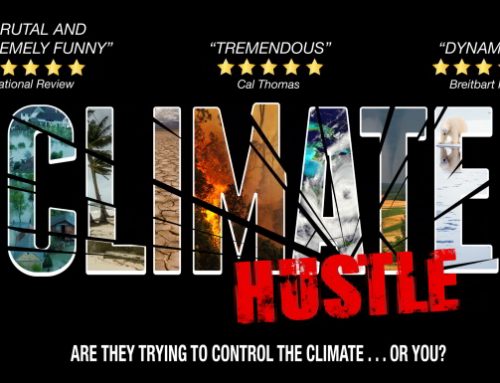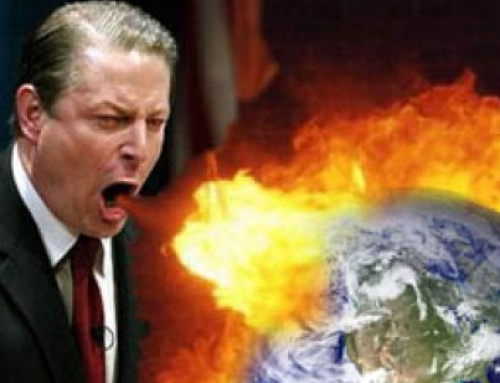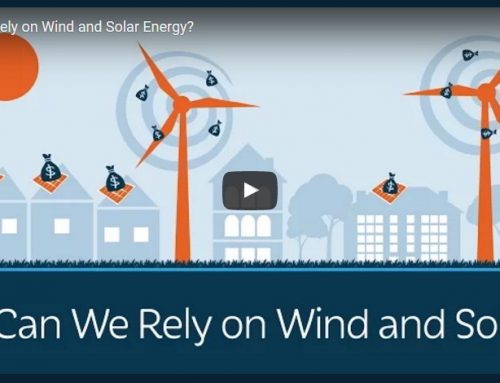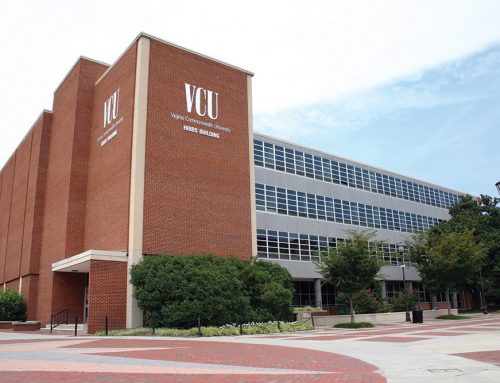Let’s talk about economics. In fact, let’s call this Econ 101. But I’m not an economist, so this is a layman’s view. The first part of this essay is preaching to the choir for Tea Partiers, but it’s important to the later parts, so bear with me.
In order for wealth to be available for any purpose, it first must be produced. Wealth is produced in a quaint and old fashioned process known as production. To produce wealth, someone has to work. And not only that; what some in the limousine liberal set would find to be even more shocking, someone has to make something.
This does not mean that everyone needs to work in a factory, on a farm or in a mine. But this is incredibly important: it does mean that a lot of people do need to. For example, people who dig coal out of the ground are producing wealth. People who turn that coal into electricity are, too. Making things is often noisy, dangerous, sweaty, and uncomfortable work. It’s also nothing less than vital; production is the engine of the economy. This is an undeniable fact that we must never lose sight of.
The rest of us, if we’re not employed in production, are probably employed helping them stay productive (health care, education, housing, etc) or in business services (computers and IT, communications, office services, personnel, etc), or perhaps in some other area like retail consumer goods. Many of us, in fact most of us in Western economies work in these supporting areas of the economy and not in actual production. Don’t get me wrong: these service jobs are essential, too. Without many of them the productive economy couldn’t function. That’s why those jobs exist. They stimulate economic activity and produce tax revenue. They are real work. The core of an economy, though, lies in production. We can’t all work in the service sector.
We are seeing increasing evidence from all over the Western world that the productive have become badly outnumbered. Even worse, the production process has become misunderstood or even maligned. Dirty, sweaty and dangerous jobs making things have been sent to Asia in favor of an entirely service sector economy. How is this possible?
Over the past few decades the FIRE economy (Finance, Insurance, and Real Estate) was substituted for production. How does it work? Simple: the Federal Reserve blows ever-bigger money and credit bubbles, and people use debt to buy houses and Chinese-made consumer stuff they can’t truly afford. And it worked for awhile. In fact, it worked so well that we started to believe we didn’t need to make anything at all. We got rich making nothing, as long as the Fed’s credit bubble stayed inflated and as long as people went deeper and deeper into debt.
But that’s all over now. We have a mountain of debt, and no one wants anymore. But that doesn’t matter because the idiotic federal government keeps borrowing more money for us, signing our names on the loan papers. How are we ever going to pay it off? There’s only one way to pay off debt, and that’s by producing wealth. But we in the USA don’t really make much anymore, we just service each other.
The only way we will be able to dig our way out is to once again concentrate on making things, right here in Virginia, USA. This means our future depends on protecting, encouraging and enhancing real productive economic activity, right here in Virginia.
So what do we have to do? Luckily, Virginia already has a reputation as a business-friendly state. Let’s build on it; I’ll cite just a few examples:
- Productive economies run on energy. We are a major producer and user of coal; cap-and-trade would be doubly hard on Virginia and must be defeated.
- High taxes dampen economic activity. Virginia must become a low tax state.
- We must fight the soon-to-be federally proposed VAT tax, where each step of the productive process is taxed. I can’t think of a better way than VAT to force productive jobs to go elsewhere.
There’s one more thing I want to point out: in order for Virginia to be able to take care of her own and to take care of Virginians who are in genuine need, we must be able to produce excess wealth. The more productive our economy is, the better able we are to take care of our own. It’s really that simple. The problem is not that we are not taxed enough. The problem is that we have placed too many obstacles in the path of production. If we can’t produce, nothing else matters.





